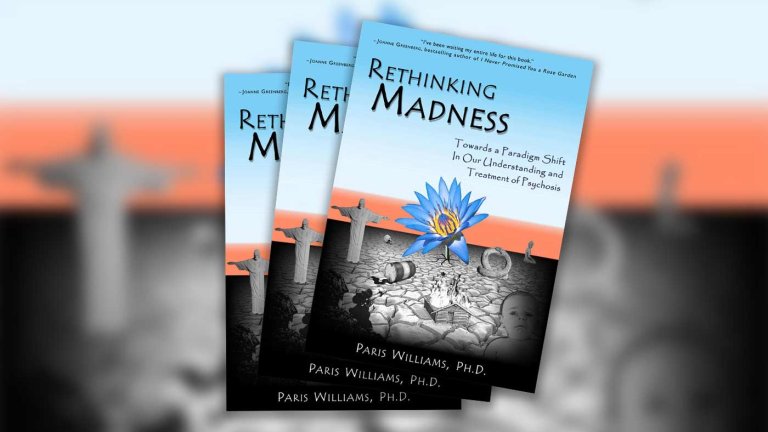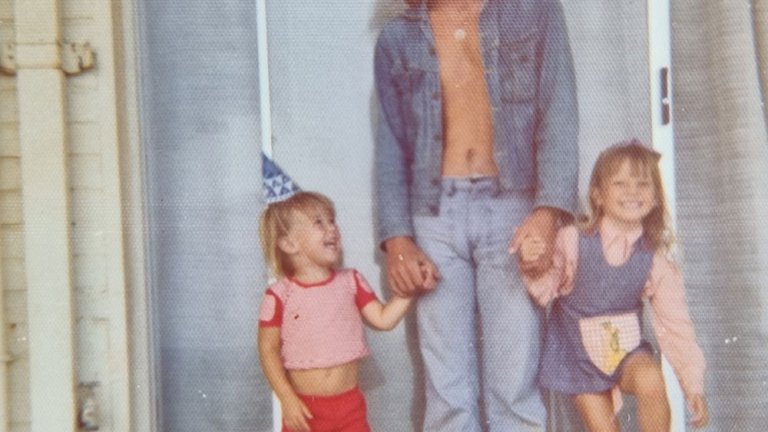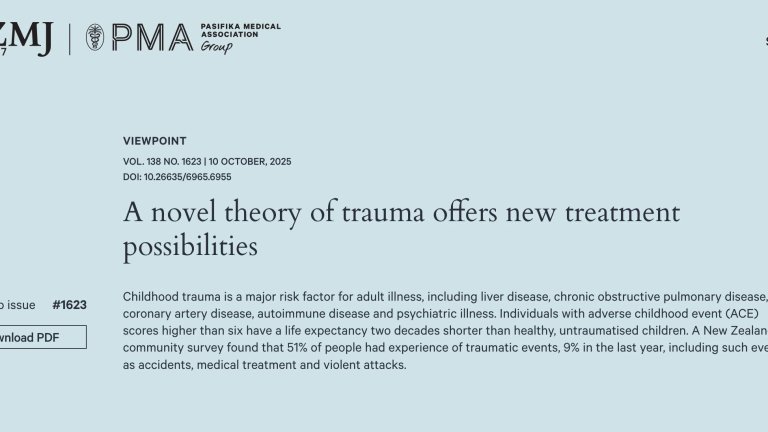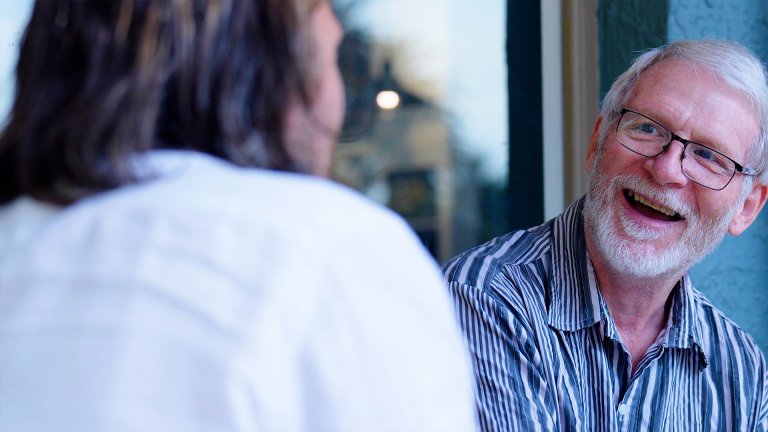Boxing & Suicide - An Analogy
After many years of indolence, I took up boxing as a way to get fit. I'm in my mid-40s, fat and out of shape so naturally, I decided that I would take up sparring with the fit and really good ones. These are people who for the most part are half my age, they are certainly half my weight, they have twice my speed, twice my stamina and twice my skill... at least. So I get hit... a lot.
Since my stomach is large and my arms only able to cover so much, my gut is often a target, there is a clear line of delineation between my chest ending and my stomach starting so the solar plexus is very easy to find.
When you get hit in the solar plexus several things happen, your body goes into shock quickly, your body contracts around the impact bringing your hands down from your face and opening your guard and you make a HUUUUUUH sound as the air is forced out of your lungs suddenly, often you are winded and its hard to get breathing right again. While this is happening, your opponent is trying to take full advantage of the situation to hit you again. You are in the ring, you are theirs for the round, there are no timeouts in boxing unless you get knocked down. So you have to block their blows and keep moving, all the while trying to suck in air that you need to keep moving and blocking.
I am big, I am slow, and often...very often my sparring matches sound like this, Block, Block, punch, punch, block, HUUUUUUUH, Smack, Smack, Smack, Block, move, parry, HUUUUUUUH, Smack, Smack, Smack, Smack, Block, Move, Move, Punch, Punch, HUUUUUUUUUUUH, Smack, Smack, Smack, HUUUUUUUUUUH, Smack, Smack, Move, Smack, Block, Smack, Punch, Smack, HUUUUUUUUUH, smack ding ding ding...rest for a minute and repeat.
You see, every time you get hit in the body and have to fight to take in air, to move and to fight back it takes a toll on you, it's tiring, it saps you, every block after that, every punch you throw, even just the effort it takes to keep your opponent from knowing how hurt you are eats away at your energy. Take too many of those shots and your recovery time is longer and longer and your ability to shrug them off and fight through them is gone and with your head clear and conscious, your body collapses as you are no longer able to stand. At this point, it doesn't matter how much heart you have, how much will to go on you have, what belt you are fighting for, none of this matters, your body, wracked with pain and craving air just cannot stand. It's done, it can't go on. All you can do is lie there and be counted out. KO
From the people I know who live with depression, and with suicidal thoughts, every bad day is a gut punch, HUUUUUUUUUH, they wake up and carry on. Blocking, weaving, punching back in an effort to put a brave face to the world, to fight back and not let anyone know how hurt they are, and through the day every time something goes wrong, HUUUUUUUH, Block, weave, punch back, smile, laugh, show everything is ok. You will never know that those shots have taken their toll.
You see a boxer knows how long the rounds are, they know how many rounds there are, they know that if they are outmatched and getting badly beaten that the ref will stop the fight, they know they have people in the corner helping them and people in the crowd rooting for them. Our person in a crisis doesn't know any of this, for all they know, this could never end, there is no break from this, that this is their life, that no one is going to stop it, that no one is in their corner, that no one is on their side and that it's getting harder to breathe and harder to stand. HUUUUUUUUUH. And that life just keeps hitting them, HUUUUUUUUH.
They are the image of a boxer, poised, moving well, throwing crisp clean punches, but there is a hole in their defence and those body shots keep slipping through, HUUUUUUUUH. And soon the body is going to give up. and it will be all over...KO.






